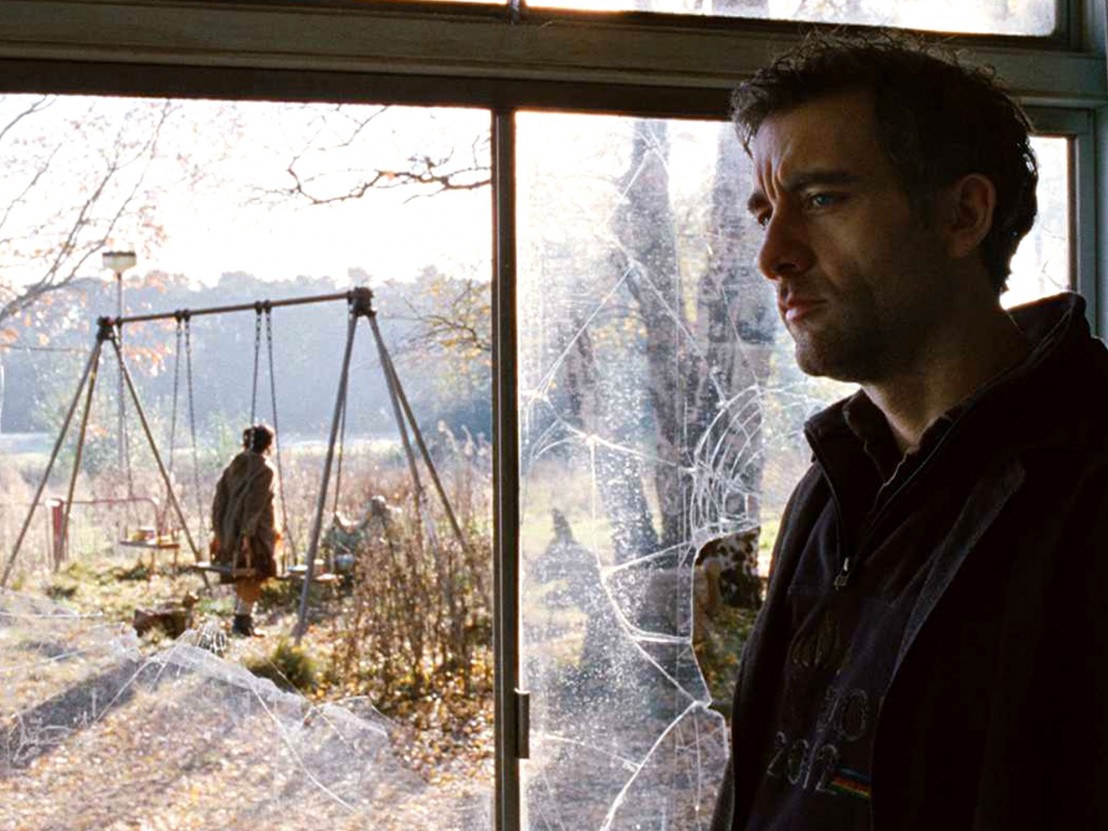It turns out that fighting off viruses may offer some degree of protection against similar viruses.
Experts are quite excited about this finding, because no one could have even imagined that this might be the case, just like no one could have imagined that being exposed to the outside world strengthens the immune system and that being confined to closed spaces weakens it.
It’s a good thing that everyone’s forced to stay home, because we wouldn’t want people to catch a cold and gain protection against coronavirus before we can humiliate everyone through forced vaccinations, would we?
People who have never been infected with COVID-19 could already have some form of immunity against it, if they’ve fought off the common cold.
Researchers analysed 11 blood samples taken two years ago, from people who had been struck down with another type of coronavirus.
Half of the samples contained disease-fighting T cells that recognised SARS-CoV-2 virus in the lab, and 20 per cent had cells that may able to kill the virus.
Scientists at the La Jolla Institute for Immunology in California say it is ‘tempting to speculate’ that having had a cold could offer some form of immunity.
They claim the virus – which causes COVID-19 – wouldn’t be foreign to their immune system, and so they would be able to fight it off quickly.
But this remains to be proven. It could explain why some people are barely affected by the virus, while others become severely sick or die.
The study also found COVID-19 patients had a strong immune response to the virus, which the researchers said bodes well for vaccine development.
The study, conducted by La Jolla Institute for Immunology in California, first looked at blood samples taken from 20 recovered COVID-19 patients around 30 days after their symptoms began.
Published in the journal Cell, the study showed the patients – who were all adults – had a robust antiviral immune response to SARS-CoV-2.
This is promising because it indicates a person could be protected if they catch the coronavirus again.
Their blood contained T cells, a white blood cell of crucial importance to the immune system.
‘Killer T cells’ fight off a pathogen, while ‘helper T cells’ signal for action in other parts of the immune system when they see a cell has been invaded.
The scientists mixed blood samples with fragments of SARS-CoV-2 to see what happened.
Around 70 per cent of COVID-19 patients harbored the killer T cells, called CD8. All of them carried helper T cells called CD4.
The immune cells recognised a variety of proteins from the coronavirus. But it’s unclear exactly how the T cells helped.
Dr Shane Crotty, a co-author of the paper, said: ‘Our data show that the virus induces what you would expect from a typical, successful antiviral response.
‘People were really worried that COVID-19 doesn’t induce immunity, and reports about people getting re-infected reinforced these concerns, but knowing now that the average person makes a solid immune response should largely put those concerns to rest.’
Next, the researchers took frozen blood samples from people who took part in unrelated studies between 2015-2018.
The new coronavirus didn’t emerge until late 2019, therefore these people had never been exposed to it.
But some of the blood samples also contained T cells that recognised the virus and responded.
Between 40 and 60 per cent of unexposed people had CD4 T cells, which are the ones which kick other parts of the immune system into gear.
Around 20 per cent of the samples contained CD8 cells, which were seen in seven in ten of the COVID-19 patients.
The finding suggests previous infections with other coronaviruses, like the ones that cause common colds, could provide some level of protection.
This is actually more important than it looks at first glance, because one of the most deceitful arguments that may be used in the defense of forced vaccinations as a way out of the lockdown is that maybe just getting infected with the virus isn’t enough to build immunity, and that people need some kind of special infection in the form of a vaccine in order to develop immunity.
That appeared to be a possible strategy that the WHO was setting up for future use when they announced that immunity passports wouldn’t work because there’s no proof that getting infected once would prevent a second infection. The implication of that is that the only real, true, and valid way of being immune and ending the house arrest lifestyle is for people to be vaccinated with a magic and mysterious liquid that will guarantee their immunity.
But we know that vaccinations are not needed. Data like what these researchers produced reinforces the case for putting coronavirus in the same threat category as the flu and going the Swedish way, without taking away people’s rights and collapsing the entire society.
If no one had known about coronavirus and everyone kept living life as usual, chances are that the “coronavirus” death toll (artificially inflated as it is) would have been lower, because people would have faced the virus with their immune systems functioning normally — but thanks to the lockdown and social isolation measures confining people to closed spaces, away from fresh air and the sun, people’s immune systems are weakened.
Supermarkets and spaces with recycled air are much more dangerous during the lockdown.



